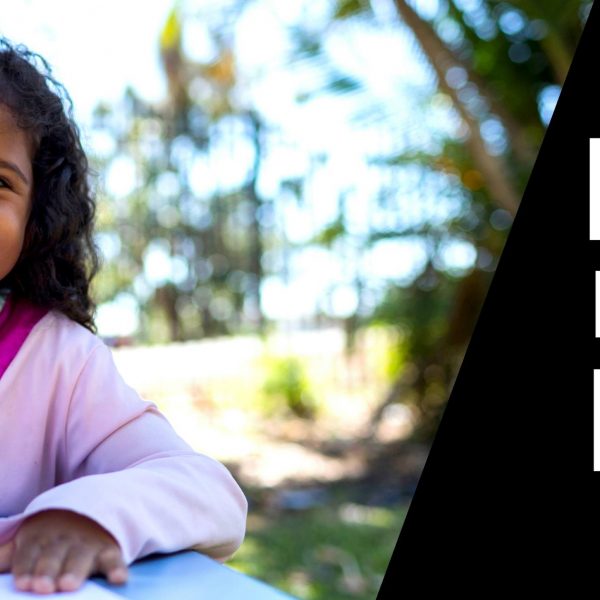Literacy is Freedom, and it starts with the early years – new ALNF campaign

The Australian Literacy and Numeracy Foundation (ALNF) has launched a new campaign which aims to close the education gap between Indigenous and non-Indigenous students.
Working with Australian fashion designers, musicians, actors and athletes, the ALNF wants to build an understanding of the role of literacy more broadly and the early years specifically in setting up First Nations children for a lifetime of success and learning.
Waranwarin Early Learning Centre in south-west Sydney is one of many services across the country who are supported by specialised ALNF learning programs to close the gap.
The children at the service, Centre Manager Jodie Bell explained, are really enthusiastic about the program and are building strong literacy skills by participating. Educators are benefiting too, with a number of them completing a nationally accredited Certificate IV in Early Language and Literacy, which combines speech and language pathology and early years education thanks to ALNF support.
“It’s not just about coming out with resources, it’s about upskilling our community and making sure that our people have the skills to continue the relationship with early literacy and language, from our staff to our families, and our children,” Ms Bell told SBS.
First Nations songs, stories and art are incorporated into the program of learning, support and encouraging children to share their own yarns and build their confidence as learners before leaving for school.
Combining First Language with young children helps them to develop in English too, Educator Alinta Pencheff-Scott added.
“At graduation time, I can honestly say they all leave confident and that’s the biggest thing because they come to you at such a vulnerable stage,” she said.
Improving access to early childhood education is a key priority in Closing the Gap reforms, with a 2025 target of having 95 per cent of First Nations children enrolled in preschool being currently on track.
Despite the optimism, advocates say more needs to be done, and that too many children are falling through the cracks. There is an inequity, ALNF Executive Trainer of the Early Literacy Program Pamela Blaszczynski explained, between regional and remote communities in their access to early education compared to metropolitan areas.
For children in disadvantaged communities, levels of oral language development are low, and children can show higher rates of vulnerability in language and cognitive skills when compared with national averages.
“Education starts when children are born. If we don’t give children access to early education, then large gaps develop in their learning, and they take these gaps on to school which actually impacts many of them all the way through to the end of their schooling,” she added.
In honour of the new campaign, and to mark National Reconciliation Week, the ALNF has partnered with high-profile celebrities including Adam Goodes, Danxal Baker, and Wiradjuri actor and Playschool presenter Luke Carroll to promote limited edition ‘Literacy is Freedom’ t-shirts, designed by Deus ex Machina, with 100 per cent of the proceeds supporting ALNF’s vital work with First Nations communities.
More information about the campaign is available here, along with information about ALNF here.
To access the original coverage of this story, please see here.
Popular

Workforce
Quality
Research
When did it start to go wrong?
2025-12-18 08:00:46
by Fiona Alston

Quality
Practice
Research
Small ways to teach babies and toddlers body safety and consent in early learning
2025-12-15 08:00:40
by Fiona Alston

Quality
Research
Food safety in early learning centres: Protecting children through better practices
2025-12-15 07:45:24
by Contributed Content















